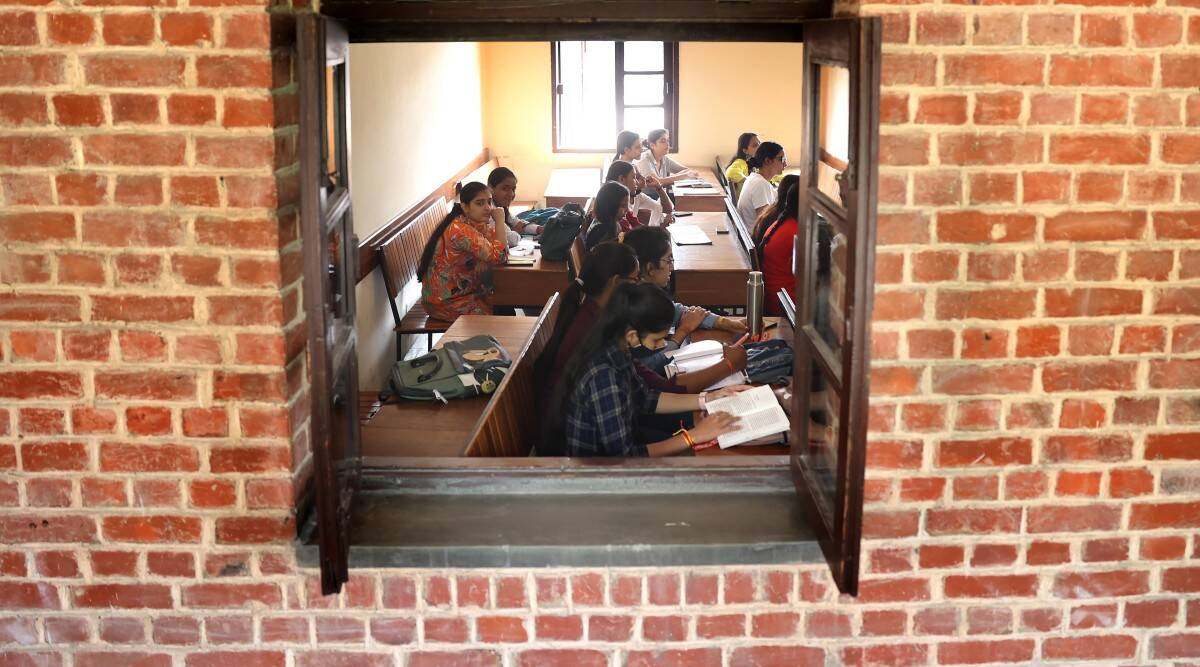
Delhi University adds Savarkar in political science syllabus, to be taught before Mahatma Gandhi
- Campus Updates
- 29 May, 2023
- 672
In the recent changes in the syllabus of Delhi University's BA Political Science course during the Academic Council (AC) meeting on Friday, the varsity has added a chapter on Hindutva leader Veer Savarkar as an elective in the 5th semester.
Notably, this change has pushed the existing chapter on Mahatma Gandhi's contributions to India's freedom struggle to the 7th semester.
According to recent changes in the syllabus, accessed exclusively by India Today, this is the first time a full-fledged paper on Savarkar will be taught in class.
A section of teachers has opposed the move. These teachers are not against an elective on VD Savarkar, but are upset over the chapter on Mahatma Gandhi being pushed to the fourth year of the programme.
This is how the revised units of the elective will look like:
Unit 1 - Savarkar and Indian historiography
Unit 2 - Savarkar and the Indian National Movement
Unit 3 - Hindutva and Hinduism
Unit 4 - Savarkar and Language questions in India
Unit 5 - Religious conversions
Unit 6 - Untouchability and caste equations
Speaking to media, Alok Rajan Pandey, who is also a member of the Academic Council said, "Gandhi has now been pushed to the seventh semester, because of the elective on Savarkar. That is the problem. Teach Savarkar by all means, but when it is being done at the cost of Gandhi, we objected to this."
“Our argument is based on chronology. Since Gandhi came before Savarkar and BR Ambedkar, he should be studied before them,“ he said.
"Mahatma Gandhi’s contributions to India's freedom struggle, in caste and abolishing untouchability, are immense. His works cannot be denied,” Prof Pandey further added.
“We will raise this issue again at the GNT Executive council meeting on June 9,” the professor said.
The university has adopted a four-year programme as part of the National Education Policy (NEP), and students have the choice to either opt for a three-year undergraduate degree or a four-year undergraduate programme. This means, those opting for the 3-year programme will not be able to study about Mahatma Gandhi.
